40 Weeks of Nirvana
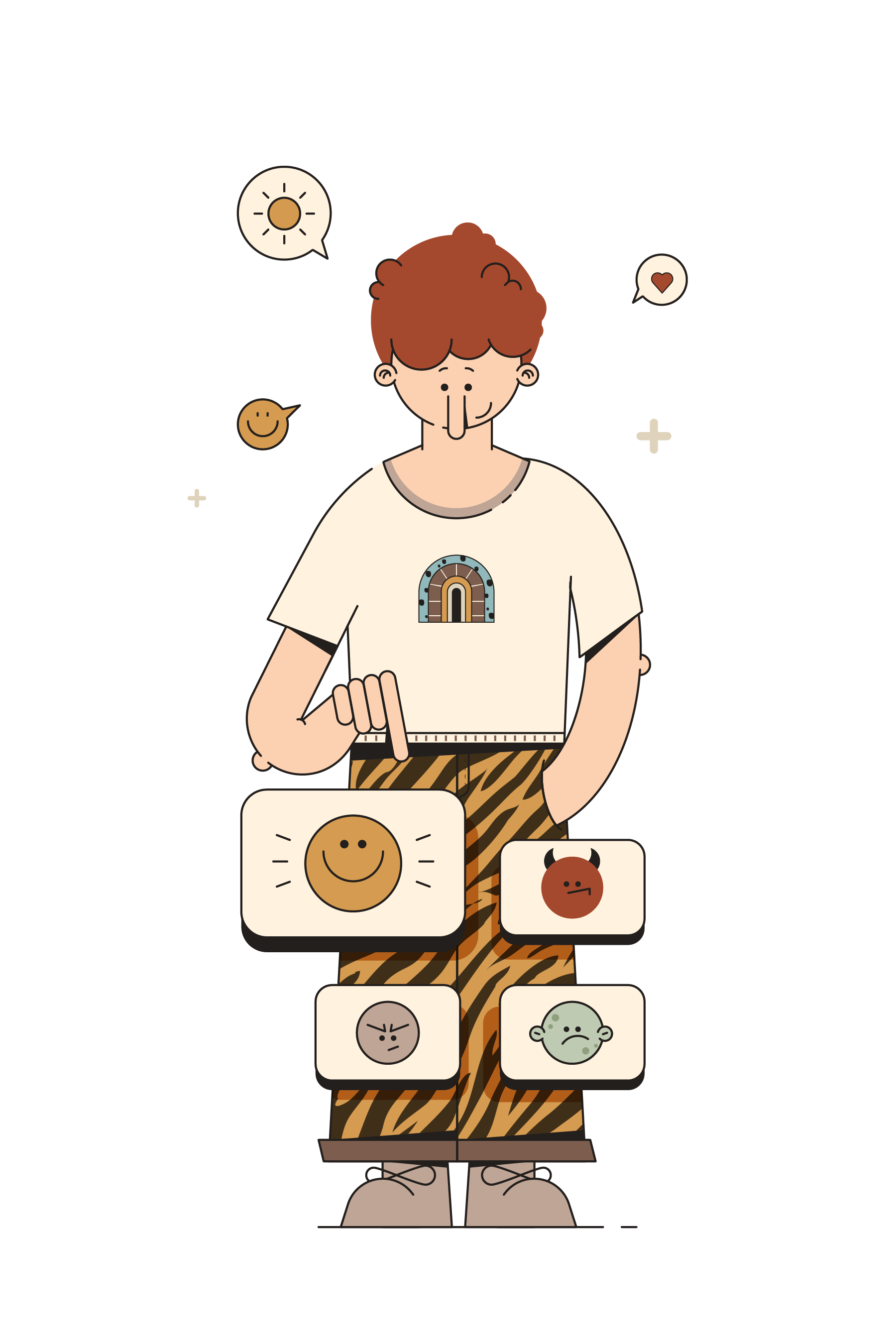
A one-of-a-kind book geared towards finding happiness through growth.
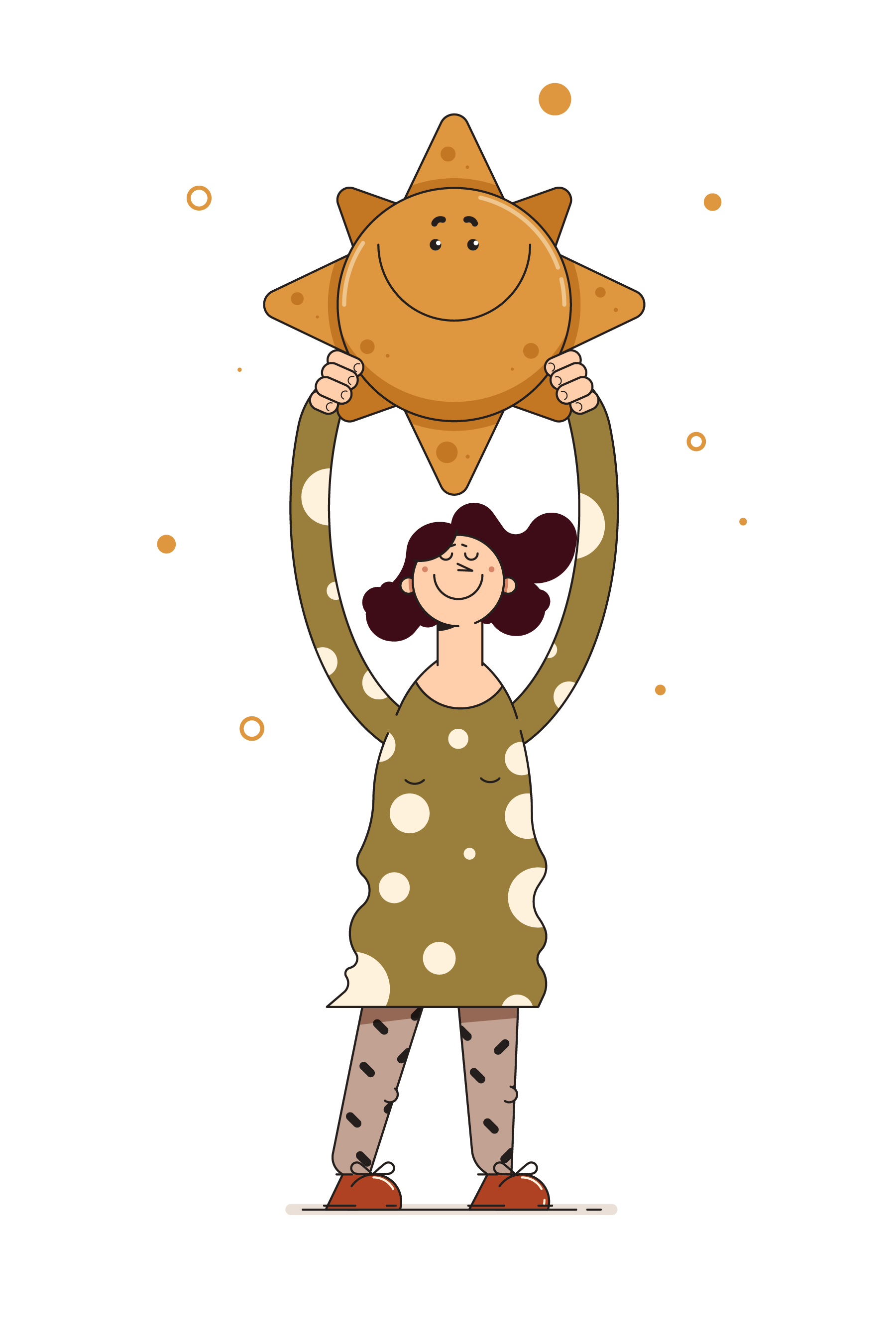
We'll cover how to grow mentally, physically, socially, spiritually, professionally, healthily and more.
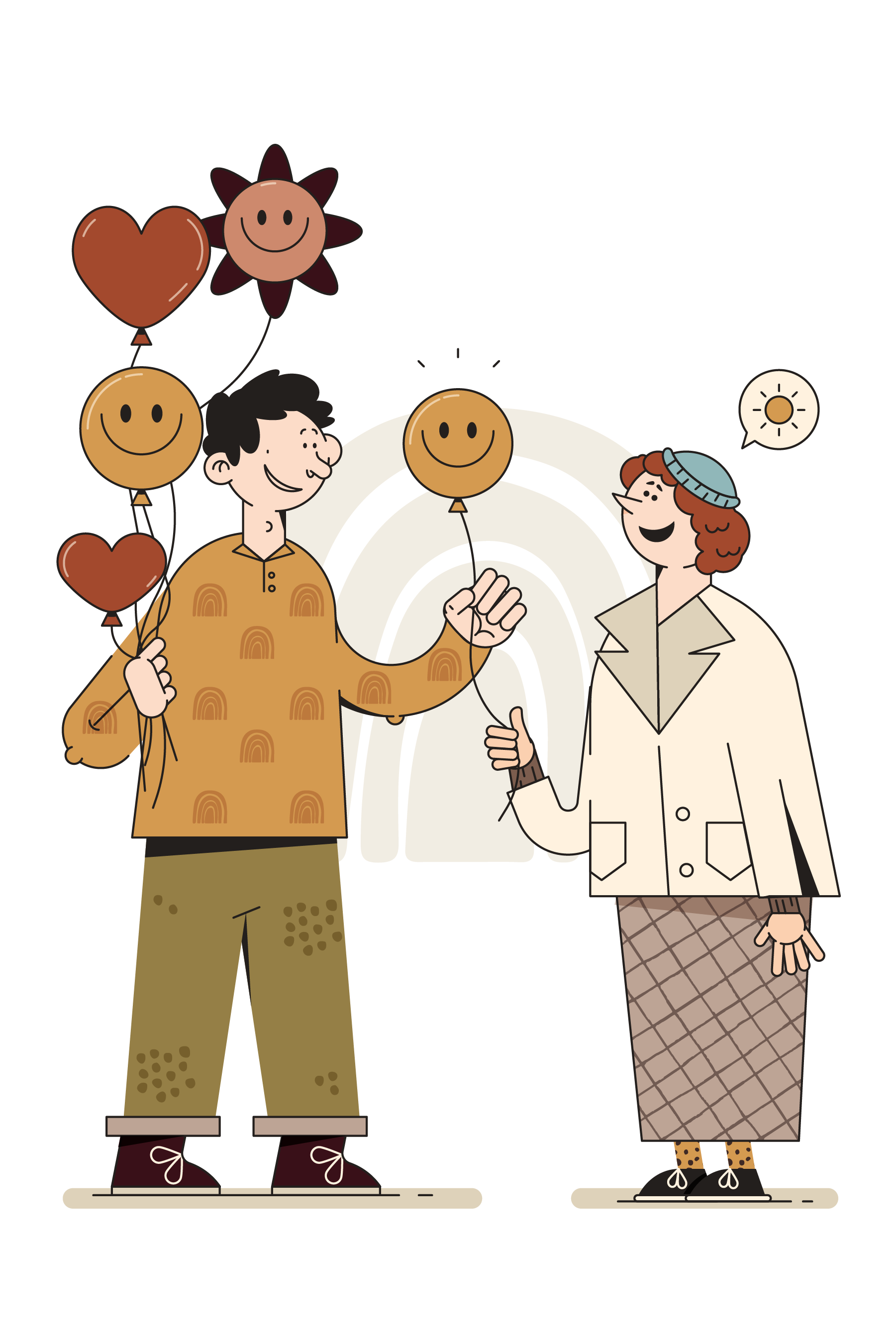
Each chapter, only a page in length, represents a new, evidence-based skill to be learned and developed over the course of a week.

Through a bit of careful planning, practice and reflection, these conscious-level concepts develop into meaningful, subconscious habits potentially benefiting you for life.
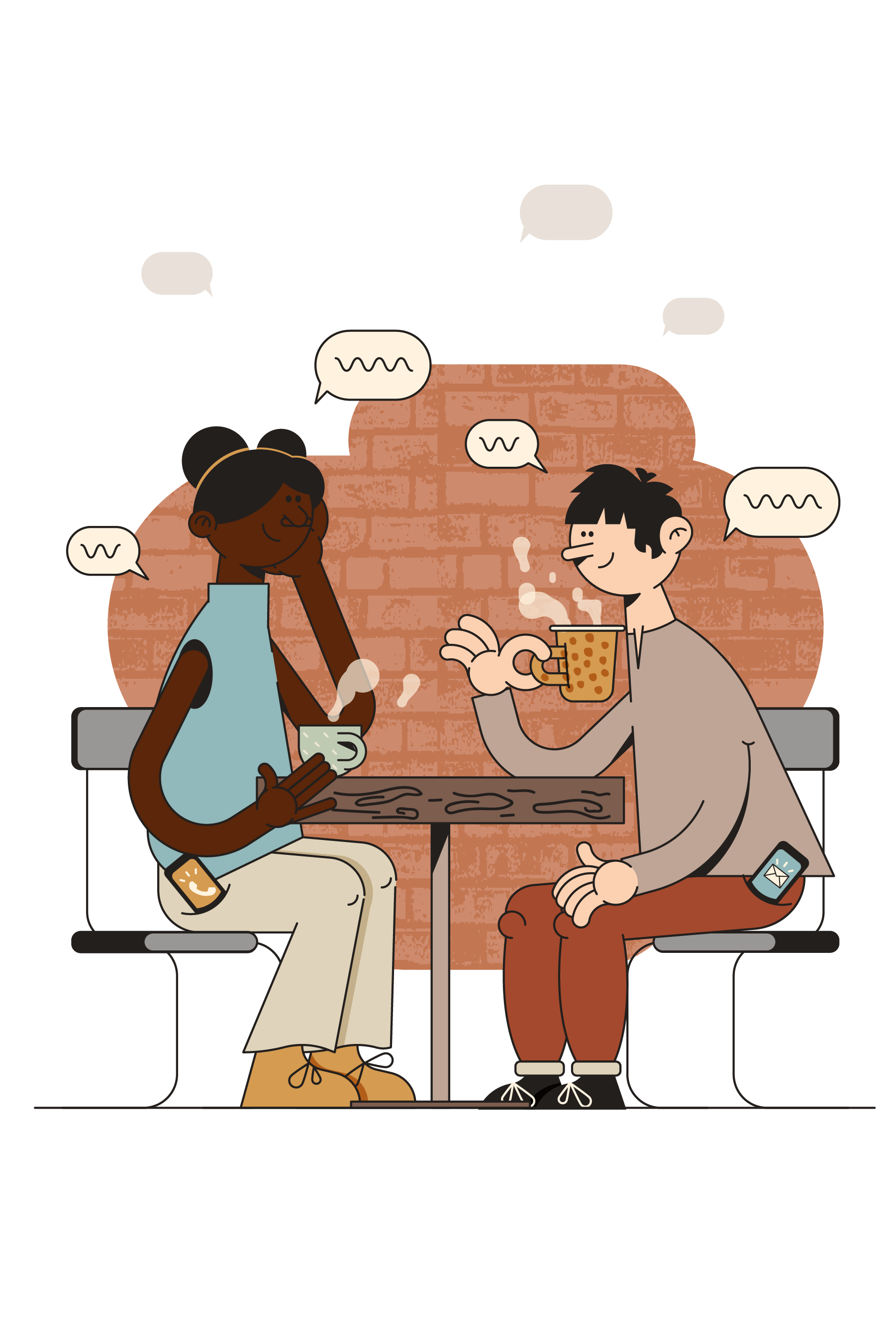
The research, sourced from psychiatrists, therapists, monks and more ensures that there is something for everybody and best of all, it's practical, relatable and easily-digestible.
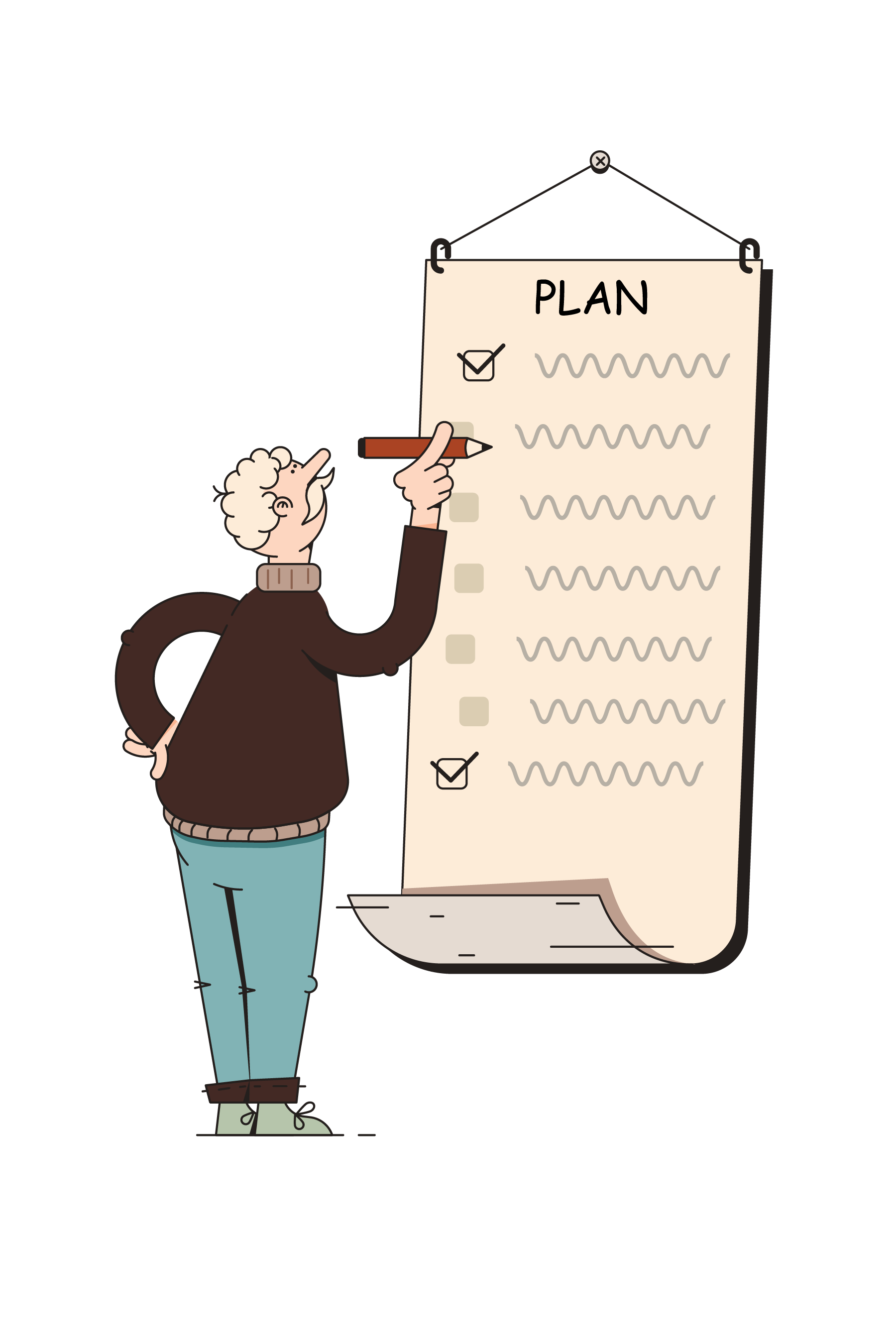
You'll gain new persectives, build stronger relationships, improve your self-confidence and even look at stress differently all while gaining a greater sense of community, discipline, self-compassion and more.
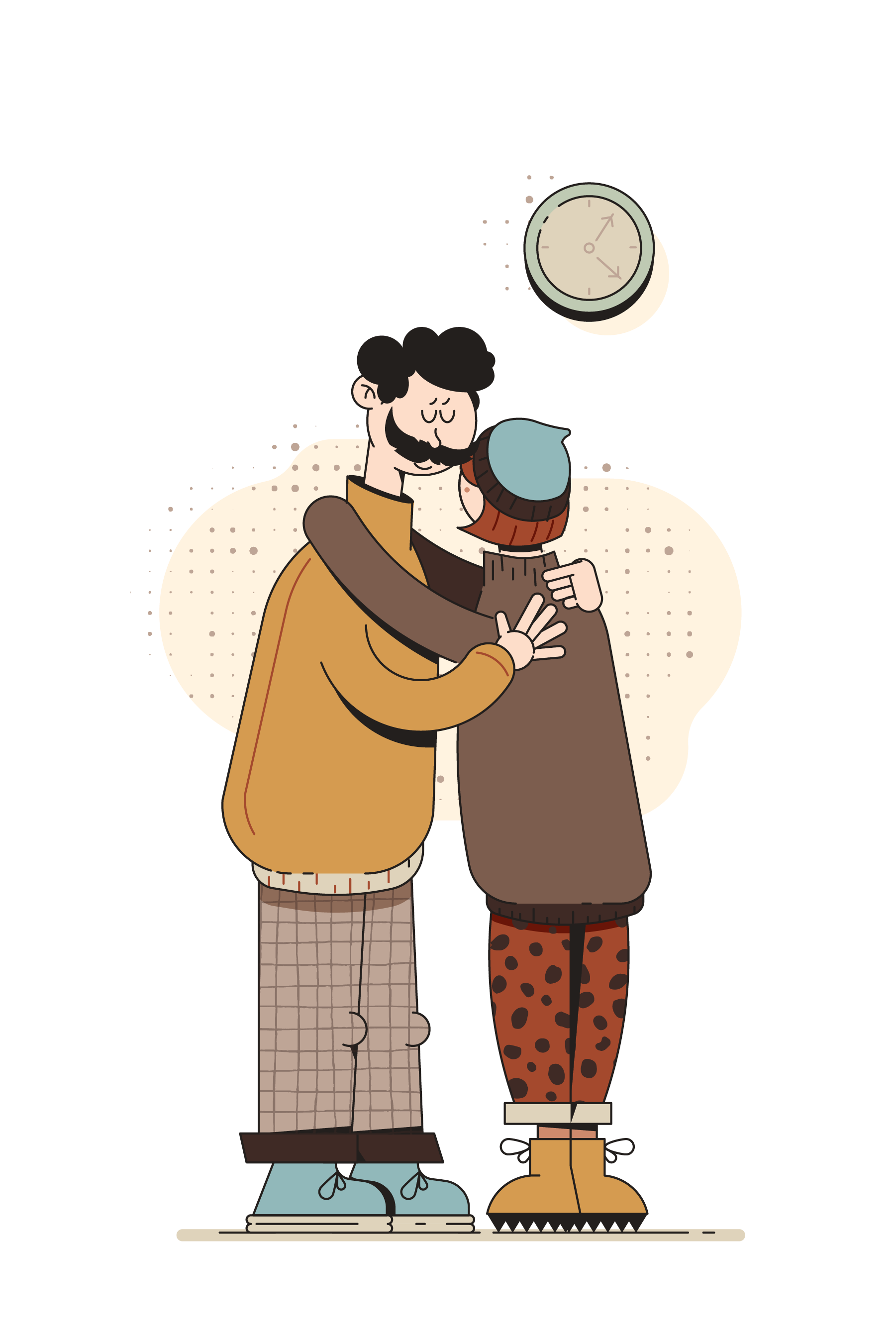
We'll brush on the science behind the “why,” then over the course of a week, discover various ways of incorporating the “how.”
FIND US:
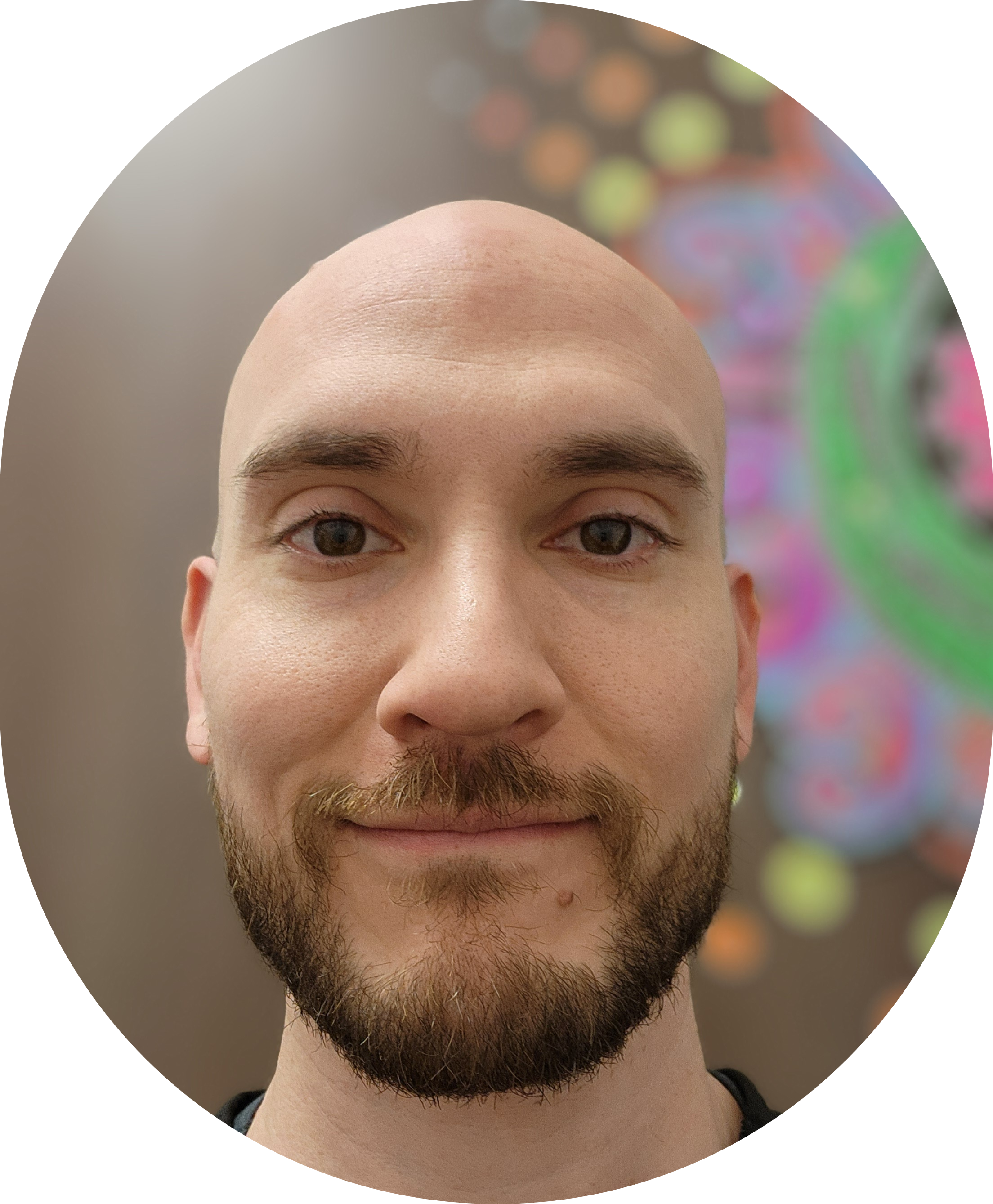
AUTHOR BIO:
My name is Michael. I’m an echocardiographer currently living in Austin who loves researching
new things and leading a data-driven life. I love to spend time with my wonderful family and also enjoy some extracurriculars such as running, calisthenics and various DIY projects. My background, deeply rooted in science, causes me to always approach new ideas and information with skepticism. As the data evolves, I challenge it then adapt accordingly and this is the exact approach I took with 40 Weeks of Nirvana. It is my belief that this data-driven mindset with intense scrutinization at it's core combined with relevant professional and personal experiences positions 40 Weeks of Nirvana as one of the most unique, practicle, reliable and battle-tested books surrounding growth and happiness today. All 40 concepts have proven track records both in my life and in their own respective fields of science. Let me explain.
Professional Experiences: Working in cardiology, I'm exposed to various types of people, lifestyles and diseases. This includes the impact diet, stress and movement can have on the cardiovascular system over time. Turns out, health and wellness are intimately connected! Ever heard of "Heart-break Disease?" The real name is Takotsubo and it's brought on almost entirely by excessive stress. Stress being the way you appraise and choose to react to various stressors in your environment. A rush of hormones literally prohibits the left ventricle from pumping and it requires a series of expensive tests and procedures in order to properly diagnose. Some other symptoms accompanying poorly mananaged stress include palpitations, hypertension, inflammation and in the worst cases, a heart attack or stroke.
We must then ask ourselves, if our stress response can have such a devestating effect on the body, wouldn't the opposite also be true?
Personal Experiences: My career coupled with my love of learning and somewhat traumatic childhood inspired me to write 40 Weeks of Nirvana.
Although my childhood experiences may pale in comparison to those of many others, the impacts of those experiences were very real and continued to plague me well into my early 30s. For reasons I don't wish to elaborate on, I decided to run away at 16. It was a decision that led me down a path that no young adult should ever experience and although my life is great now, I feel like decades of it were lost. During one of those decades, I lived in 15 different places. From couches, to spare bedrooms, to cheap apartments with furniture straight from the dumpster, it was normal for me to pick up and move everything I owned on a whim. I even spent some time living in my car and using gym memberships to brush my teeth, take showers and kill time. My relationships, while in survival mode, were superficial. I didn't really trust anybody and my ability to regulate my emotions was simply laughable. These things should have been taught to me as a child but instead, I had to learn them from a therapist later on. Needless to say, I was depressed, alone and unhappy for far too long.
Interestingly though, even with all of this instability and lack of direction, I still somehow found a way to place myself onto a pedestal. I was a full-blown narcissist who was toxically competitive, lacked any kind of empathy for others and my ego was through the roof. Regardless of however long I knew you, even if it were a matter of years, it only took one trivial disagreement for me to cut you out of my life entirely. Surely these behaviors were learned and not innate.
In fact, I had so many self-deprecating behaviors I'm not sure I'm even covering them all! These things are difficult to admit, especially publically, and I'm certainly not proud of them. My goal is to draw you a picture. I want you to know that the concepts I'm writing about in 40 Weeks of Nirvana have really been battle tested and that the personal experiences I've mentioned above are worthy of the testing. These concepts have turned my life around and continue to do so. My marriage, which suffered greatly during the early years, is thriving and stronger than ever. Many of the relationships I thought were lost forever have been rekindled and my position as a father is being filled to the best of my ability. I'm being the father I wish I had.
I would like to take this moment to thank my wonderful wife Savanah. Without my experiences with her, this book wouldn't even exist. As I was working through my multitude of problems early on in our marriage, she continued to give me more chances than I ever deserved. I'm eternally grateful for her unwavering love and patience and extremely lucky to have her. I love you Savanah.
Mindset: Anybody that knows me knows that when I get involved in something, I'm fully invested. The same holds true with my research surrounding growth and happiness. Through in-person events, podcasts, books, medical journals, meetings and real-life testing, I've spent years researching and refining the information for this book. I enjoy getting down to the physiological level whenever possible and strive to figure out what's actually happening in the brain and body while someone is practicing each concept. I want to know about the neurotransmitters, neural pathways and statistically significant data then use that information to influence the sentences I write in the book. However, I also don't want the book to seem overly-scientific but rather practical and relatable. Although the information is heavily influenced by science, it's written in a way that feels conversational. The final step just before publication will be to have a peer-review performed by a Cardiologist and Psychologist colleague of mine. This stamp of approval will be a testament to the reliability of the data and I'm confident that process will go well.